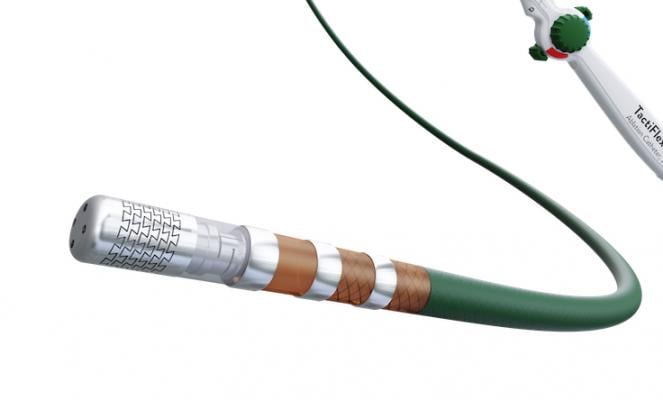
August 3, 2021 — A subgroup analysis of the EAST – AFNET 4 study population revealed early initiation of rhythm control therapy is associated with clinical benefit in patients with heart failure and recently diagnosed atrial fibrillation (AF). The new findings were presented by Dr. Andreas Rillig, University Heart Center Hamburg, Germany, at the Heart Rhythm Society (HRS) annual meeting.
The EAST – AFNET 4 is an investigator initiated trial (IIT) that compared two different treatment strategies in atrial fibrillation.[1] The EAST – AFNET 4 trial tested whether an early, comprehensive rhythm control therapy can prevent adverse cardiovascular outcomes in patients with AF compared to usual care.
A total of 2,789 patients with early AF (diagnosed less than a year ago) and at least two cardiovascular conditions (approximating a CHA₂DS₂-VASc score >=2) were enrolled by 135 sites in 11 countries during 2011 to 2016. Patients were randomized 1:1 to early rhythm control therapy or usual care, stratified by sites. Patients in both groups received guideline-recommended treatment for underlying cardiovascular conditions, anticoagulation, and rate control.
All patients in the early rhythm control group received anti-arrhythmic drugs or catheter ablation after randomization (chosen by the local study teams). Rhythm control therapy was escalated with AF ablation and/or anti-arrhythmic drugs when recurrent AF was documented clinically or by ECG, including monitoring with patient-operated ECG devices.
Patients in the usual care group were initially managed with rate control. Rhythm control therapy was only used to improve atrial fibrillation-related symptoms despite optimal rate control, following current guidelines.
About the Atrial Fibrillation NETwork (AFNET)
The Atrial Fibrillation NETwork is an interdisciplinary research network comprising scientists and physicians from hospitals and practices dedicated to improving the management of atrial fibrillation through coordinated research in Germany, Europe, and worldwide. Its main objective is to conduct high quality investigator-initiated clinical trials and registries on a national and international level. The AFNET continues the long-term activities of the network which has been funded by the German Federal Ministry of Research and Education over a decade. Since January 2015, specific projects and infrastructures of the AFNET are funded by the German Centre for Cardiovascular Research (DZHK).
Find additional HRS 2021 late breaking trials
Find more HRS 2021 conference news
Reference:


 February 06, 2026
February 06, 2026 









